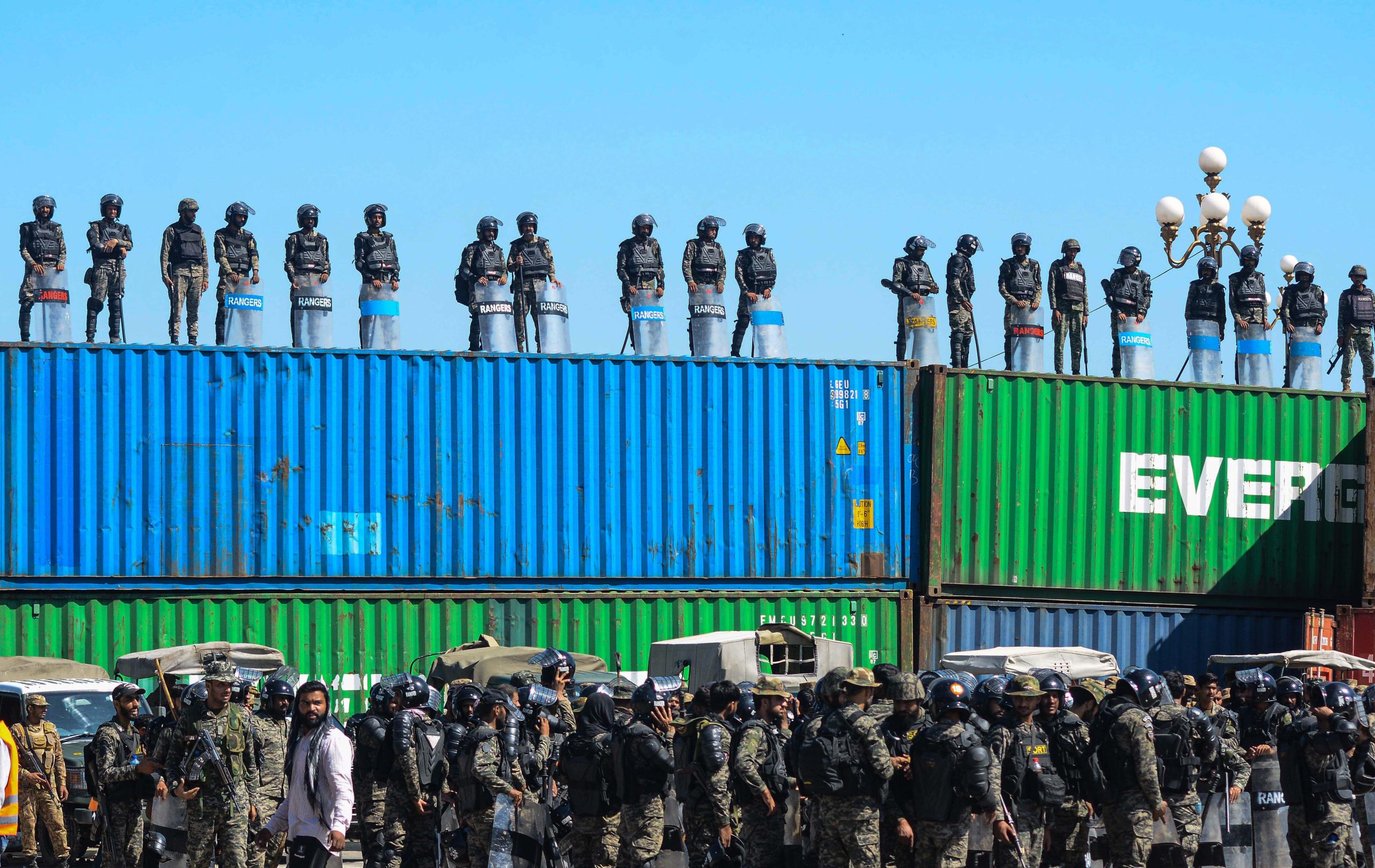Chinese netizens, writers and media figures have rallied to the cause of blind activist lawyer Chen Guangcheng in recent weeks, facing risks of detention and harassment and beatings. Chinese blogger Zeng Jinyan describes the situation
Efforts to save blind self-taught lawyer Chen Guangcheng and his family from an illegal house arrest became a symbol of the struggle to save our society in a sinking China.
Every day in recent weeks, tens of thousands of messages have circulated on social media about Chen’s situation. Dozens of human rights activists, writers, journalists, students, religious figures and internet users, most of whom are ordinary Chinese, have tried to visit Chen in the remote village where he has been exiled. The visitors attempted to reach Dongshigu in Shandong province have been beaten up, robbed, insulted, pushed away, or abandoned in remote areas by officials and thugs employed by local authorities, without any legal grounds.
Chen and his family have been subjected to harassment, arbitrary detention, beating, and house arrest since 2005, when his commitment to defending Chinese citizens’ human rights pushed him expose cases of women who suffered violent forced abortions. After serving a prison sentence of four years and three months — widely seen by his supporters as the revenge of his local government for his work defending human rights — Immediately following his 9 September 2010 release, Chen was placed under house arrest in his hometown village of Dongshigu in the Shadong province. Since then the whole family — Chen, his wife, his mother who is in her 70s, and his six year-old daughter — have been under strict house arrest. They enjoy no freedom of movement, no medical treatment, their mobile phone has been blocked by signal jammers, the daughter has not been allowed to go to school, and the family has been threatened and beaten repeatedly.
Activists, human rights groups and foreign embassies have continued to speak out in support of Chen but his situation has not improved. Twitter user He Peirong (@pearlher) a female teacher in Nanjing, first attempted to visit Chen this January. Since then, she has made five failed attempts to reach Dongshigu. Each time she was beaten, robbed, insulted, and abandoned by guards around Chen’s village. She blogged about her experiences online, questioned local police authority and the National Disabled Federation, petitioned for Chen’s daughter’s right to schooling, for medical treatment for Chen and his wife, and for freeing of Chen and his family.
Following He Peirong’s example, other journalists, and supporters tried to visit Chen. They received similar treatment, Rachel Beitarie, a foreign correspondent based in Beijing, described her own attempt for Israeli daily newspaper Calcalist, which she translated:
It all happened within minutes. As soon as I stepped out of the taxi to a rural road in China’s Shandong province, I was surrounded but five men who grabbed me by the arms, snatched my bag and searched my pockets and under my belt for my passport. Foreign correspondents in China learn from day one what to say and do in the event of police harassment: You are supposed to present your documents, demand to be allowed to contact your embassy and point to the Chinese law that grants you free freedom of reporting. None of this was applicable here. The men who started dragging me into another car did not bother to introduce themselves, did not ask for any documents and did not answer questions. In fact, they did not speak at all. They were not trained to negotiate nor to maintain public order but were entrusted with one mission: To make sure the man they guard will be isolated from the world, to stop and intimidate anyone trying to get to that man.
I was pushed with force into a car and driven through a peaceful countryside back to the suburbs of Linyi city, where I was pushed out of the car. All my possessions were later given back at a local police station that refused to accept my assault complaint. I was lucky to get out unharmed: My foreign passport and status as a journalist protected me when I came to cover the attempt of four human rights activists to visit the well guarded man. The four of them, however, were captured by thugs, held and beaten for hours before they were brought to a police station where they underwent investigation. They were all released the next day without any charges.
Meanwhile, The Transition Institute, an independent think tank based in Beijing, has been asking prominent scholars and intellectuals to comment on Chen Guangcheng’s case. They posted video records of the comments online to boost the campaign. Microblog users, mostly on Sina Weibo and Twitter, showed support in their own unique and creative ways. Several have donned Chen’s trademark black sunglasses.
The focus on Chen and his family’s treatment has achieved some small results. For the first time, Chen’s daughter has been allowed to school with guards escorting and monitoring, while those who tried to see Chen last week received less violent treatment.
The next big test will come on 12 November, when activists and friends attempt to visit Dongshigu to celebrate Chen’s 40th birthday.




